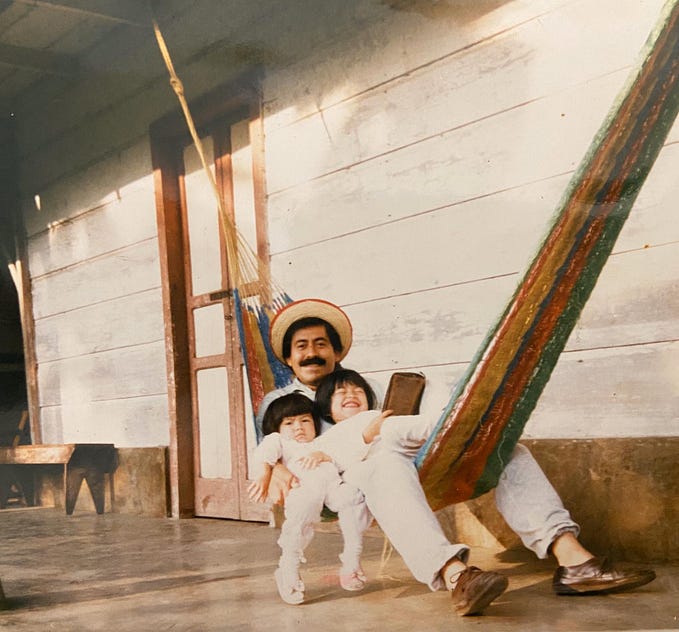What is lament?
Fragments that I´ve read, and felt that should be shared to keep reflecting on this.

The questions of grief can be tormenting, often even incapacitating. And grief arises not only with the loss of a loved one to death, but with the loss of health, employment and reputation; with infertility and disability; and, furthermore, with the painful realization that injustice and wickedness often go unchecked.
There is a long, rich and oft-ignored tradition of lament that runs through the Bible. It begins with the starling words in the early chapters of Genesis attributed to God himself: “The LORD saw how great the wickedness of the human race had become on the earth, and that every inclination of the thoughts of the human heart was only evil all the time. The LORD regretted that he had made human beings on the earth, and his heart was deeply troubled” (Gen 6:5–6). It culminates in the cry of the martyrs around the throne of God in the vision of John the Seer: “How long, Sovereign Lord, holy and true, until you judge the inhabitants of the earth and avenge our blood” (Rev 6:10).
“The two questions that are uppermost in the lament tradition are “Why, Lord?” and “How long, O Lord” But the question “Why?” is not a call for a theoretical explanation of suffering and evil. It is an expression of existential anguish over the silence and inaction of God in the face of threat, disaster or unmitigated suffering. It is really the question, “Why, Lord are you hidden, indifferent or absent?”The sting in innocent suffering for the believer is not the pain itself nor the injustice of it, but the sense of God-forsakenness. This is what is unendurable. Trust in God has been weakened. Is God´s power limited to act of vindication in the past or can he still be trusted to make a difference in the world today?
Lament is the verbalizing of raw pain, the bringing to speech of suffering. It is not unbelief, but honest and faithful speech that keeps the conversation with God going when the psalmist and his community experience not the promised land of peace and blessing but the wasteland of meaninglessness and oppression. Vinoth Ramachandra, “Why, O Lord, do you hide your face?”
“It is the bitter complaint of one who despairs, who has no one else to whom he can turn. He clings to God against God… Doubt about God, even the kind of despair that can no longer understand God, receives in the lament a language that binds it to God, even as it accuses him.” Claus Estermann, “The role of the Lament in the Theology of the Old Testament”.
Walter Brueggemann writes about these psalms:
The use of these “psalms of darkness” may be judged by the world to be acts of unfaith and failure, but for the trusting community, their use is an act of bold faith, albeit a transformed faith. It is an act of bold faith on the one hand, because it insists that the world must be experienced as it really is and not in some pretended way. On the other hand, it is bold because it insists that all such experiences of disorder are a proper subject for discourse with God.









